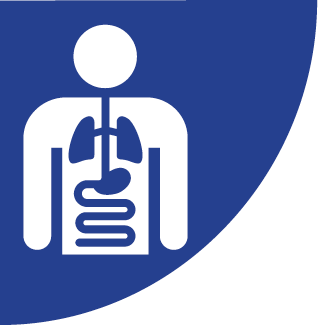NEWSWATCH
CHEMICAL AND MATERIAL HAZARDS

Study Examines Gulf Spill Oil Dispersant Exposure, Worker Health
A new study concludes that workers who were likely exposed to oil dispersants during cleanup of the 2010 Deepwater Horizon oil spill experienced a range of health symptoms, including cough and wheeze, and skin and eye irritation. The study, published in
Environmental Health Perspectives
, is the first research to examine health symptoms in humans related to oil dispersants, a blend of chemical compounds that make oil slicks more easily degraded by natural processes or diluted by large volumes of water.
“Most of the previous research on dispersants focused on how well the compounds dispersed oil and the potential environmental impacts,” the NIEHS press release reads. “Several small animal studies that tested the chemicals in dispersants suggested some of the compounds were toxic.”
Researchers were able to consider exposures to both the dispersants and petroleum products from the spill. According to Sandler, the findings of the study apply only to workers involved in the cleanup effort and not to the general public.
"The health effects that we see in the workers don’t necessarily apply to the community at large, although many of the workers live in affected areas," Sandler said.
Workers exposed to dispersants were more likely to experience symptoms such as cough, wheeze, tightness in the chest, and burning in the eyes, nose, throat, or lungs than those who were not exposed to dispersants, the study concludes.

